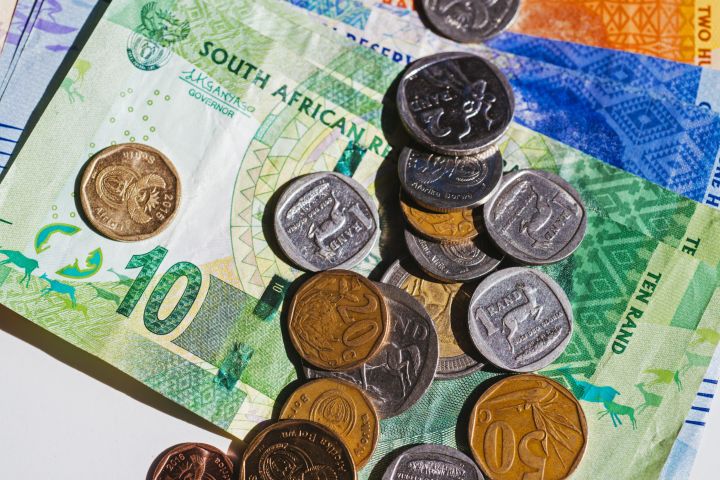Newsdeck
South Africa’s Treasury Pressured to Water Down Spending Cuts

Recommended cuts to South African government spending are being diluted to protect a popular social program, according to insiders.
Africa’s most industrialized economy is strapped for cash after years of power shortages, transport bottlenecks and dysfunctional government, with unemployment running at 32.6%. Half of the population get some sort of social support.
| Read More: |
|---|
|
President Cyril Ramaphosa will meet with ministers to ensure “fiscal management doesn’t derail agreed-to priorities,’ Minister in the Presidency Khumbudzo Ntshavheni told journalists on Thursday following the cabinet sitting.
“Cabinet has iterated that measures to address the budget shortfall must not impact negatively on service delivery,” she said.
The governing African National Congress faces a tough election next year, and members of the cabinet are worried that the hardship caused by withdrawing the 350 rand ($18) monthly payments could cost the party support, stoke social unrest and risk a repeat of the lethal violence unleashed in 2021.
Money to maintain the grant will be likely be raised by walking away from a public sector wage deal struck in March, the insiders said.
Strike Threat
The pay agreement gave workers an average 7% increase for the next financial year at an estimated cost of 37.4 billion rand. The grant, launched during the pandemic as a temporary support but still received by around 10 million South Africans, costs 40.5 billion rand over the same period.
Labor unions have already threatened to go on strike if the pay deal is frozen.
The Treasury will now issue new guidelines which will reflect the position and priorities of cabinet, especially when it comes to social spending, the insiders said.
The guidelines which will be issued to departments in the coming days will come ahead of Finance Minister Enoch Godongwana’s medium-term budget outlook on Nov. 1.
Ramaphosa signalled earlier this month that he was unlikely to back cuts in social spending, saying that it was “not necessarily” the solution to the nation’s economic woes.
Edgar Sishi, the head of the Treasury’s budget office, told Bloomberg this month that tension with other government agencies, while not new, had grown sharper because the numbers were getting worse.
“One thing you know about politicians is that politicians have never seen a dime they couldn’t spend,” he said.




















Prediction engine ran all night and spewed up that VAT is going up, capital gains inclusion rate is going up and taxation of unrealized gains is coming in steps. Also expect mandated mix of retirement and pension funds into state capital projects.
Do workers care about the destitute? if you look at Revenue composition across OECD vs SA then:
Personal tax 24% vs 35%
Company tax 9% vs 18%
Social Security 26% vs 1%
VAT / Sales / Consumption tax 30% vs 26%
Property and other 11% vs 20%
In effect in SA most persons pay little or no income tax and contribute nothing to social benefits.
If 16 million South Africans paid social security even if they paid no income tax, the tax net would widen. And besides, don’t workers feel that they should contribute R400 per month to assist their less privileged fellow South Africans?